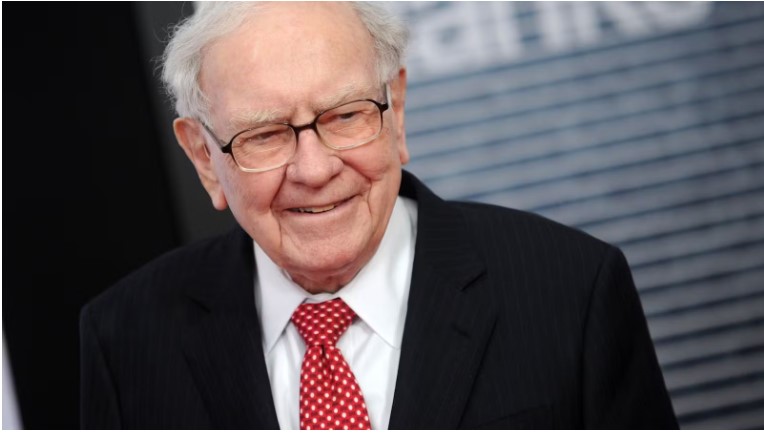After six legendary decades at the helm of Berkshire Hathaway, Warren Buffett announced his retirement as CEO at the company’s annual shareholder meeting in Omaha, signaling the end of an era. At 94, Buffett will step down by the end of 2025, naming Vice Chairman Greg Abel as his successor. Buffett will remain as chairman, ensuring continuity during the transition.
Under Buffett’s leadership since 1965, Berkshire Hathaway transformed from a struggling textile firm into a $1.11 trillion conglomerate, encompassing over 189 businesses, including Geico insurance, the BNSF railroad, Dairy Queen, and See’s Candies, posting a remarkable $267 billion stock portfolio. His investment acumen yielded an average annual return of 19.9% over nearly six decades.
Despite the planned succession, Berkshire’s shares dipped approximately 5% following the announcement, reflecting the intriguing uncertainty about the company’s future without Buffett’s leadership.
The Rise of AI in Investment Strategy
A post on LinkedIn by Eldad Tamir, founder and CEO of FINQ, sparked a deeper question: Is it finally time for artificial intelligence to take the reins of the financial world? He suggested that in the post-Buffett world, AI-powered systems like FINQ’s proprietary investment engine may not just match human expertise but potentially surpass it, challenging the status quo. The provocative claim and Buffett’s exit prompted a closer look at how AI is reshaping the investment landscape.
The fintech firm specializing in AI-driven investment solutions recently secured a Registered Investment Adviser (RIA) license from the U.S. Securities and Exchange Commission (SEC), allowing it to offer advisory services to U.S. clients.
FINQ also plans to launch the first AI-based ETFs that address different investment styles and goals: FINQFIRST (long strategy), FINQLAST (short strategy), and FINQNEUTRAL (market-neutral strategy). These three ETFs represent FINQ’s commitment to emotionless and data-led decision-making.
AI vs. Human Analysts: A Performance Comparison
Recent studies indicate that AI models can outperform human analysts in certain aspects of financial forecasting. For instance, a study by the University of Chicago found that ChatGPT-4 achieved a 60% accuracy rate in predicting earnings direction changes, compared to 53-57% for human analysts.
Moreover, AI-driven hedge funds reported returns of 10.1% in the first half of 2024, doubling the 5% returns of traditional long/short equity funds during the same period.
However, not all AI investment strategies have been successful. A review of AI-managed funds revealed that fully AI-driven funds underperformed the S&P 500, with an average return of -1.8%, compared to the S&P’s 7.6%. Partially AI-managed funds fared better but still lagged behind the benchmark.
The Human Element: Where AI Falls Short
While AI excels in data analysis and pattern recognition, it lacks the nuanced understanding and adaptability that human investors bring to the table. During periods of market volatility, human judgment and experience can be crucial in navigating complex financial landscapes, providing a reassuring anchor. For example, during the COVID-19 pandemic-induced market crash, robo-advisors adjusted portfolios to reduce risk, while many human investors failed to do so.
Nonetheless, AI systems may struggle with unforeseen events and lack the emotional intelligence to interpret qualitative factors, such as geopolitical developments or shifts in consumer sentiment.
A Collaborative Future
Warren Buffett’s retirement marks the end of an era in value investing. As AI continues to evolve, it presents opportunities to enhance investment strategies through data-driven insights and efficiency. However, combining AI’s analytical capabilities with human judgment and experience may be the most effective approach.
As the financial industry adapts to this new landscape, the question remains: Can AI truly take the helm, or will the future of investing be a partnership between man and machine?































